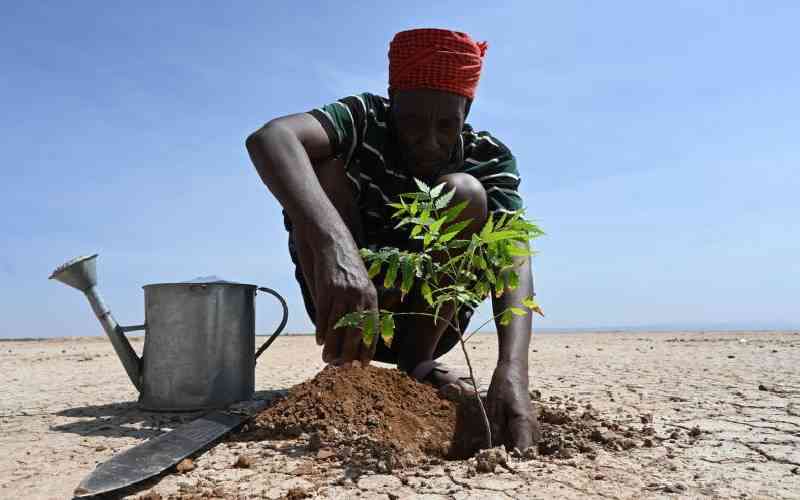×
The Standard e-Paper
Kenya’s Boldest Voice

The just concluded African Climate Summit must go down as one of the most significant events in Kenya for quite some time.
The inaugural summit may have been an initiative of the African Union but it would not have taken place had Kenya not offered to host.